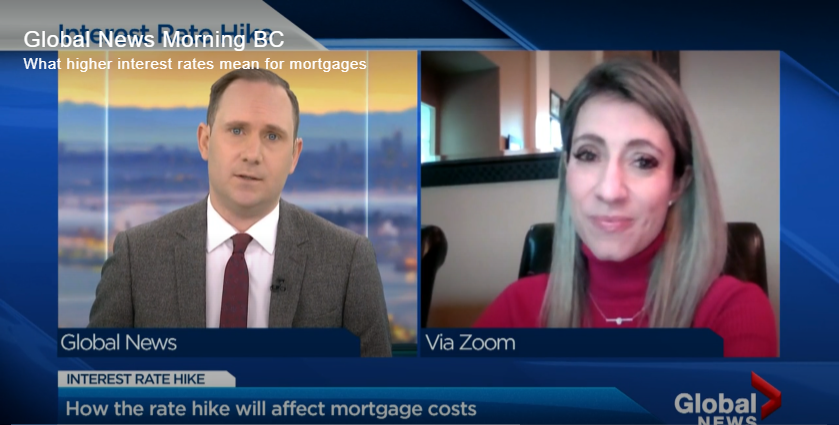A credit score is so important when you are considering a home purchase. Well-qualified borrowers often don’t consider that there will ever be errors on their report, but sadly there are often mix-ups on reports or flat out incorrect information in terms of Credit Owed Marital Status Employment Birthdate. Such an example was noted in this CBC article with a couple from Ontario We recommend the rule of 2 in our book The Mortgage Code and have our method broken down here.
Consider the rule of 2:
- Lenders want to see 2 forms of revolving credit, like credit cards
- The limits should be no less than $2,000
- Clean history of payment for 2 consecutive years.
- Keep your balance below 20% of the limit on all credit cards.
- Make sure to pay off any collections, parking tickets and correct any old or incorrect reporting on your credit score. Credit cards may have an annual fee: ensure that it is paid.
- A credit score of 680 puts you in a good position for financing.
It is essential to review both your Equifax and TransUnion reports before applying for a mortgage. One error could drop your score or keep you away from being approved for best-rate mortgage financing.
Utilizing the free service of a mortgage professional we can shop multiple lenders protecting your score as most commonly people are unaware shopping for a mortgage or any loan when done consumer-direct reduces the score compared to when an independent professional who can shop multiple lenders with one check and help eligibility for “ new client specials” within the various lenders the client may already work with on some capacities.
Start your pre-approval (not pre-qualification) as soon as you are considering a purchase well in advance to ensure things go smoothly.
Angela Calla is an 18-year award-winning woman of influence which sets her apart from the rest. Alongside her team, Angela passionately assists mortgage holders in acquiring the best possible mortgage. Through her presence on “The Mortgage Show” and through her best-selling book “The Mortgage Code“, Angela educates prospective home buyers by providing vital information on mortgages.
In August of 2020, at the young age of 37, Angela surpassed $1 Billion dollars in funded personal mortgages. In light of this, her success awarded her with the 2020Business Leader of the Year Award.
Angela is a frequent go-to source for media and publishers across the country. For media interviews, speaking inquiries, or personal mortgage assistance, please contact Angela at hello@countoncalla.ca or at 604-802-3983.
Click here to view the latest news on our blog.






